Every grain of sand is a metropolis for bacteria
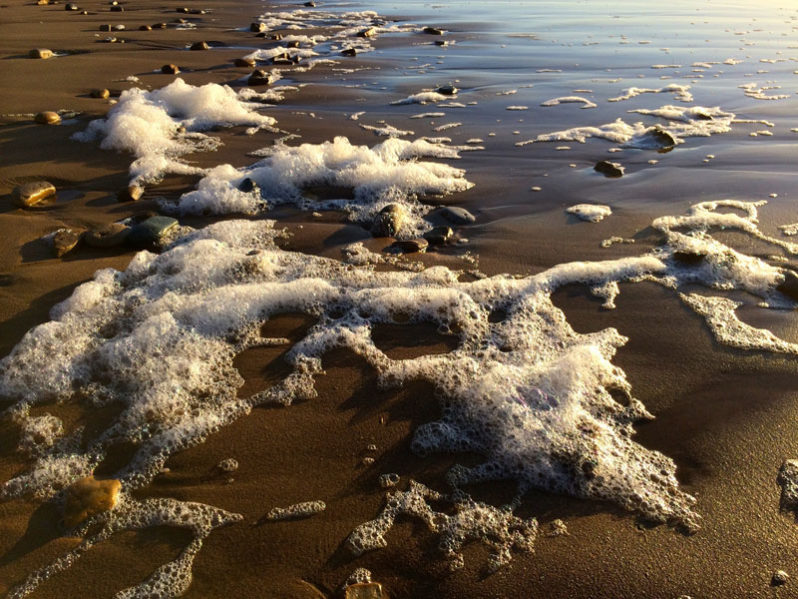
Between 10,000 and 100,000 microorganisms live on each single grain of sand, as revealed in a new study. Sand-dwelling bacteria play an important role in the marine ecosystem and global material cycles.
‘King tides’ are rising, so groups span globe to monitor it
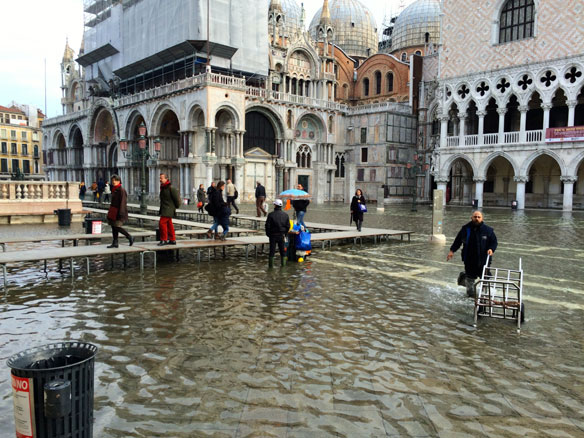
From coast to coast, hundreds of tide watchers come out with their cameras to record the latest ‘king tides,’ brief episodes of tidal flooding that could become the norm, with expected sea-level rise.
Can Data Save Dolphins? How Scientists Are Using NASA Data to Study Link Between Solar Storms and Animal Beachings
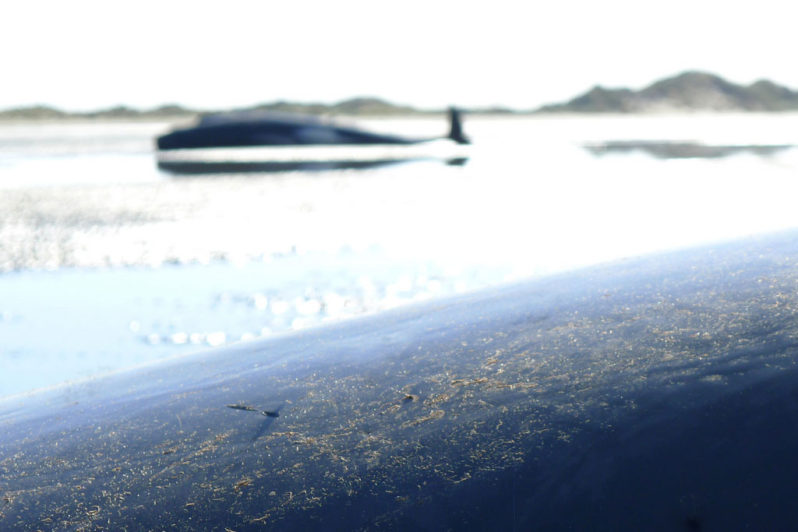
The age-old mystery of why otherwise healthy dolphins, whales and porpoises get stranded along coasts worldwide deepens: New research suggests space weather is not the primary cause of animal beachings — but the research continues. The collaboration is now seeking others to join their search for the factors that send ocean mammals off course, in the hopes of perhaps one day predicting strandings before they happen.
The Birth of a New Island; 2 videos by NASA Goddard Space Center
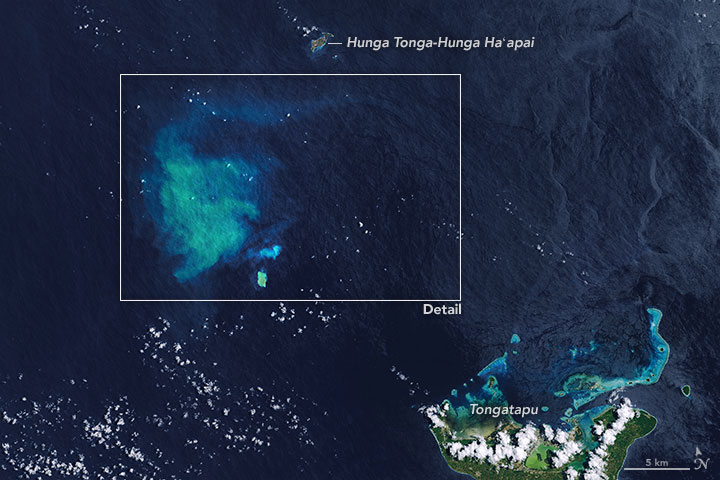
Hunga Tonga-Hunga Ha’apai is the first island of this type to erupt and persist in the modern satellite era. It was initially projected to last a few months. Now it has a 6- to 30-year lease on life and gives scientists an unprecedented view from space of its early life and evolution.
The World’s 50 Best Beaches
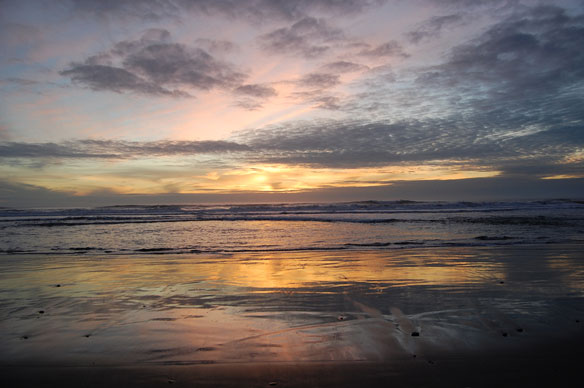
Beaches in Africa, Europe, Asia, North and South America (‘and everywhere in between’) have been ranked according to five criteria: sheer untouched beauty, remoteness, sand and water quality, annual days of sunshine, and average annual temperature.
Drowning in garbage
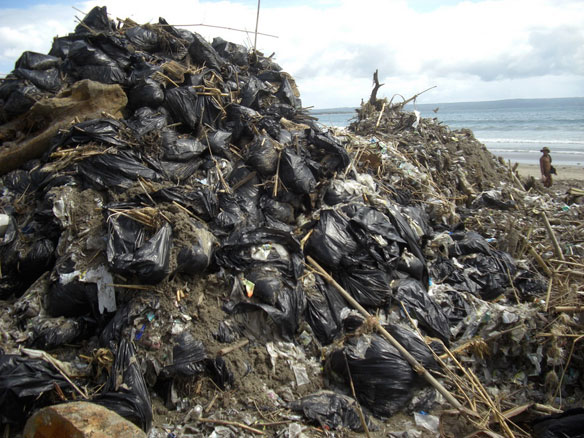
The world produces more than 3.5 million tons of garbage a day — and that figure is growing.
Soul-crushing’ video of starving polar bear exposes climate crisis, experts say
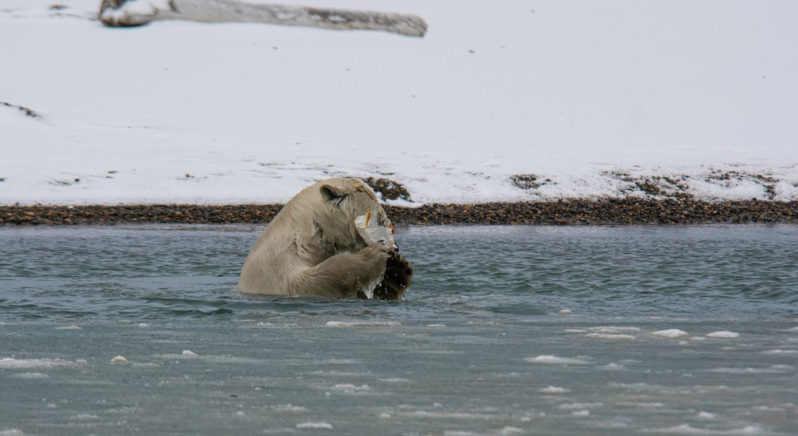
Video footage captured in Canada’s Arctic has offered a devastating look at the impact climate change is having on polar bears in the region…
Rising waters: can a massive barrier save Venice from drowning?
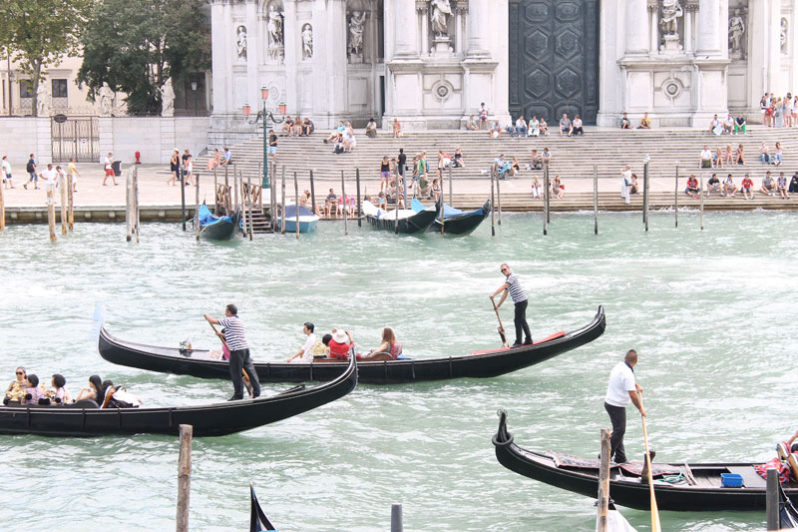
A retractable barrier designed to protect Venice from sea level rise and storm surges is set to be operational next year. But the project’s engineering limitations and cost overruns are raising questions about the mega-projects that many coastal cities are hoping can save them.
Quick sand, dirty Money; South Africa
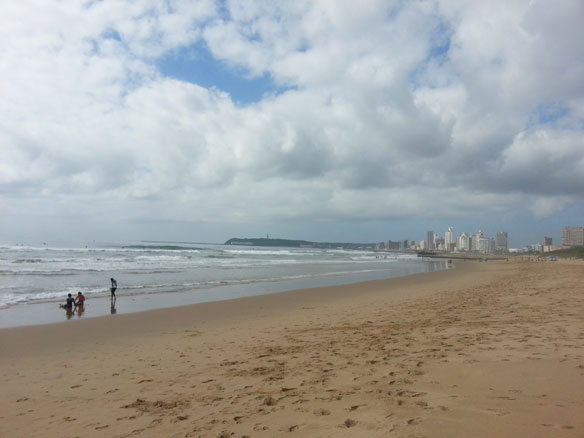
Mining has already cut coastal sand supply by as much as 70 percent in the municipality of Ethekwini, which includes Durban. Each year, miners dig up more than 400,000 cubic meters of sand from Durban’s rivers, enough to fill 160 Olympic swimming pools. This sand would normally be deposited on beaches and help offset coastal erosion. At current mining rates, Durban’s beaches are predicted to contract, on average, by more than a meter each year.
